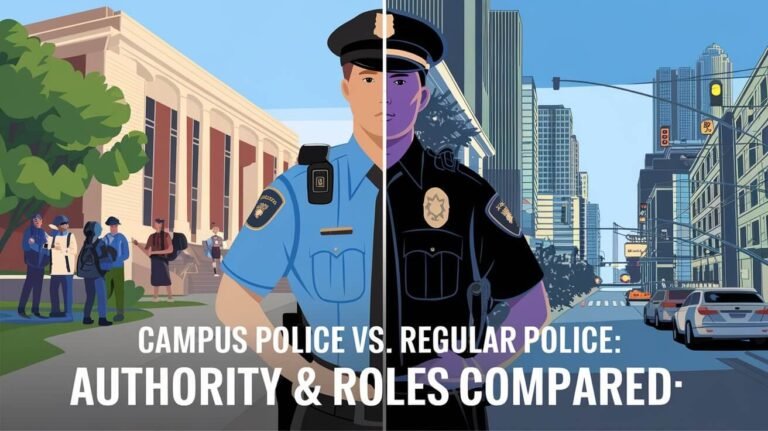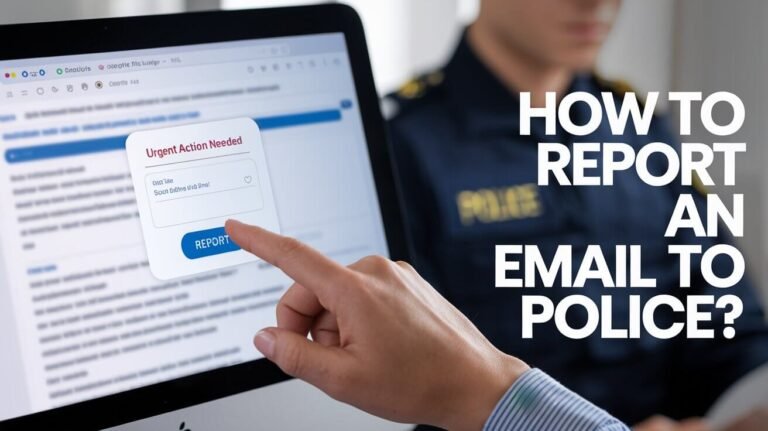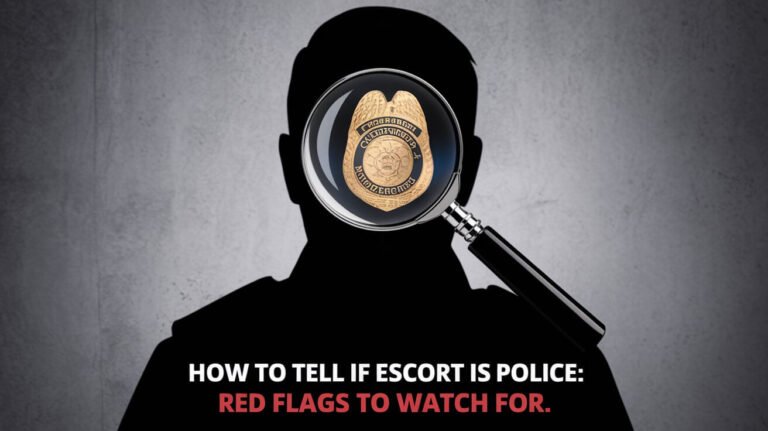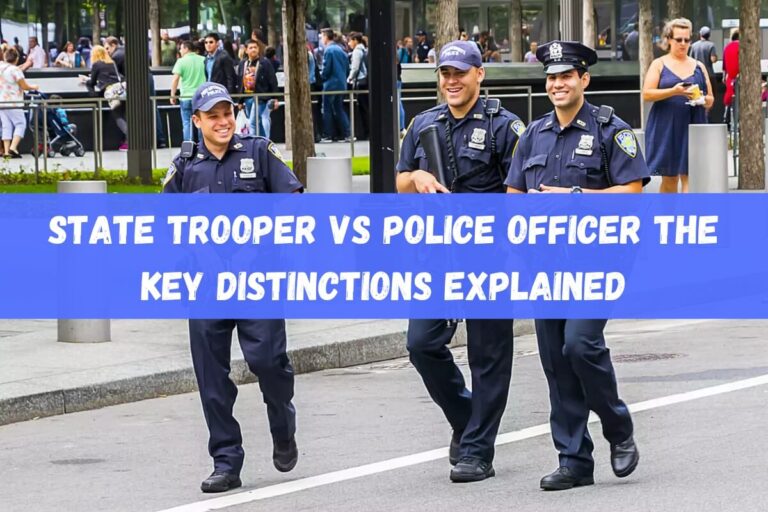How To Sue A Police Department: Legal Steps for Filing a Lawsuit
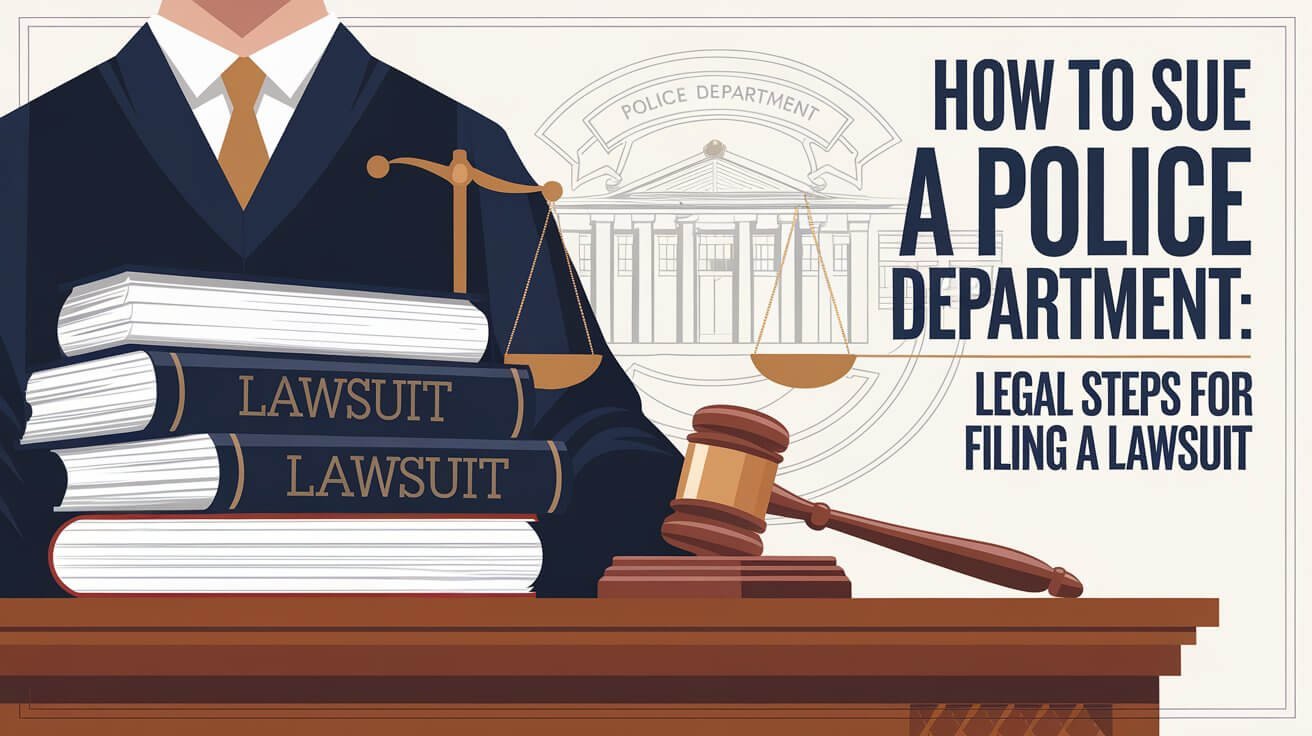
When police misconduct violates citizens’ civil rights, they can sue the police department. Common violations include police brutality, false arrests, and discrimination. But, suing a police department is complex due to legal protections and immunities officers may claim.
The outcome of a civil rights lawsuit against the police depends on the case’s details and the evidence. Victims often seek help from civil rights lawyers who specialize in cases against government entities. These lawyers guide victims through the legal process and help them seek justice and fair compensation.
Defining Police Misconduct and Civil Rights Violations
Police misconduct includes many illegal actions by law enforcement. These actions often break constitutional rights. This includes rights against excessive force, false arrest, racial profiling, and illegal search and seizure. It’s important to know about these violations and misconduct to tackle these big issues.
Types of Constitutional Rights Violations
- Excessive force: Using too much or unreasonable force during an arrest or detention.
- False arrest: Arresting someone without good reason or legal backing.
- Racial discrimination: Targeting people based on their race, color, or national origin.
- Fourth Amendment violations: Doing illegal searches, seizures, or entering without a warrant.
- Deprivation of due process: Taking away someone’s right to a fair trial or legal process.
Common Forms of Police Misconduct
- Harassment and abuse of authority: Using unjustified actions or harassment against people.
- Excessive force: Using too much or unreasonable force during arrests or detentions.
- Discrimination: Targeting people based on their race, gender, religion, or other protected traits.
- Fourth Amendment violations: Doing illegal searches, seizures, or entering without a warrant that infringe on rights.
Legal Definitions and Standards
To prove police misconduct and civil rights violations, it must be shown that an officer’s actions were wrong. These actions must have caused harm to the person. For criminal cases, proof must be “beyond a reasonable doubt.” For civil cases, it needs to be “more likely than not.”
Legal Framework for Filing Police Department Lawsuits
The legal framework is key when it comes to holding police departments accountable. Section 1983 of the U.S. Code lets people sue state actors, like police officers, for violating their rights. To win a Section 1983 case, you must show a constitutional right was broken, the action was under state law, and you suffered harm.
But, the rule of qualified immunity often protects police officers from being sued personally. Also, local governments or police departments might be held liable, but proving this can be tough. You need to show a policy or practice led to the violation.
Remember, the time limit to file a Section 1983 claim varies by state. In Louisiana, you usually have one year from when the violation happened.
| Legal Concept | Description |
|---|---|
| Section 1983 Claims | Allows individuals to file claims against state actors who violate constitutional rights while acting in official capacities. |
| Qualified Immunity | Doctrine that often shields police officers from personal liability for their actions. |
| Municipal Liability | Potential liability of local governments or police departments for constitutional violations, but with high standards of proof. |
| Statute of Limitations | Typically one year from the date of the violation in Louisiana for filing Section 1983 claims. |
Essential Documentation and Evidence Collection
To fight against police misconduct, you need to gather evidence carefully. A solid legal base is key to prove your claims and protect your rights. Collecting all kinds of evidence is vital for a strong case against a police department.
Medical Records and Physical Evidence
If police misconduct hurt you physically, get detailed medical records. These should show the extent of your injuries. Keep any physical evidence like clothes or photos of your injuries to support your case.
Witness Statements and Video Footage
Witnesses can be a big help. Ask them to write down what they saw. Also, get any video that might show what happened. This can be very powerful evidence.
Police Reports and Official Documents
It’s important to get all police reports and documents from the incident. These can show what the police say happened. They might also reveal things that don’t add up, which can help your case.
| Evidence Type | Purpose | Example |
|---|---|---|
| Medical Records | Documenting injuries | Emergency room reports, x-rays, treatment records |
| Physical Evidence | Corroborating incidents | Clothing, photographs of injuries, personal belongings |
| Witness Statements | Providing eyewitness accounts | Written statements from individuals who witnessed the incident |
| Video Footage | Capturing visual evidence | Surveillance camera recordings, bystander cellphone videos |
| Police Reports | Documenting the police’s version of events | Incident reports, communication with the police department |
Collecting and documenting evidence well is key to a strong case against police misconduct. By gathering medical records, physical evidence, witness statements, and police reports, you build a strong case. This increases your chances of winning your lawsuit.
How To Sue A Police Department
If you’ve been mistreated by the police, you might want to sue the department. The legal steps can seem hard, but with the right help, you can fight for justice and get what’s owed to you. Here’s what you need to know about suing a police department:
- Seek medical attention for injuries. Make sure to document any physical or emotional harm from the police incident.
- Document everything related to the incident. Collect evidence like photos, videos, witness statements, and police reports.
- File a complaint with the appropriate agency. This could be the police department’s internal affairs or a government oversight agency.
- Consult with an experienced civil rights attorney. They can review your case and guide you through the legal steps.
- File a lawsuit if the complaint is not resolved satisfactorily. Your attorney will help you with the lawsuit, legal process, and complaint procedures.
- Attend court proceedings. This includes depositions, hearings, and the trial itself.
- Seek fair compensation for damages. This may include medical expenses, lost wages, and compensation for emotional distress.
Suing a police department is tough, but with the right legal advice and a strong case, you can make them accountable. The key is to document everything, follow the right complaint procedures, and work closely with a skilled civil rights attorney throughout the legal process.
Civil Rights Claims Under Section 1983
The law 42 U.S.C. Section 1983 is a strong tool for fighting against civil rights abuses by government and state actors. It helps victims of police misconduct to sue and seek justice. This law was created in 1871 to fight against civil rights abuses by state authorities.
Understanding Qualified Immunity
Qualified immunity is a common defense in Section 1983 cases. It protects government officials if they acted in good faith. But, if they broke a clear federal right, they can be held accountable.
Municipal Liability Requirements
Section 1983 lawsuits can also target police departments and other government entities. To win, plaintiffs must show that the violation was due to a policy or practice of the municipality.
Statute of Limitations
The time limit for filing Section 1983 claims varies by state. In California, it’s usually two years. But, the time can be extended or suspended in some cases.
To win a Section 1983 case, three things must be proven: a violation of a federal right, an action under state law, and damages. This law helps victims and stops future civil rights abuses by state authorities.
Damages and Compensation in Police Misconduct Cases
When police misconduct happens, victims might get financial help through lawsuits. They can get two kinds of damages: compensatory and non-economic. Compensatory damages pay for things like medical bills and lost work. Non-economic damages cover things like pain and suffering and emotional distress.
Punitive damages can also be given if the police officer’s actions were very bad. These damages are meant to punish and stop others from doing the same. The goal is to help the victim feel whole again by covering their losses and emotional pain.
| Type of Damages | Description | Examples |
|---|---|---|
| Compensatory Damages | Covers quantifiable financial losses | Medical expenses, lost wages, property damage |
| Non-Economic Damages | Addresses intangible losses | Pain and suffering, emotional distress, loss of enjoyment of life |
| Punitive Damages | Punishes egregious or malicious behavior | Excessive force, falsifying evidence, racial profiling |
The amount of compensation depends on how bad the victim’s losses were. It’s very important to get help from a skilled civil rights lawyer. They can guide you through the legal process and make sure your rights are protected.
Role of Legal Representation in Police Misconduct Cases
Legal help is key when fighting police misconduct. Civil rights lawyers are experts in these cases. They know how to handle the legal system and plan the best strategy for their clients.
Choosing the Right Civil Rights Attorney
Finding the right lawyer is important. Look at their past cases, experience, and how they communicate. A good lawyer can greatly improve your case’s chances.
Legal Strategy Development
Civil rights lawyers are vital in planning your case. They look at the evidence and the laws to build a strong argument. Their guidance helps you through the legal process.
Cost Considerations
Going after a police department can be expensive. Attorney fees are a big concern. Many lawyers only get paid if you win. Talking about fees upfront helps avoid surprises.
Hiring a skilled civil rights lawyer is a significant step toward achieving justice. They use their knowledge to fight for your rights and get you the compensation you deserve.
Statistical Overview of Police Misconduct Cases
Police misconduct and violence are big issues in the U.S. The Washington Post found that in 2022, at least 1,096 people were shot and killed by police. Mapping Police Violence reported even more, with at least 1,200 people killed.
Police violence isn’t just a one-year problem. From 2013 to June 2023, police killed someone almost every day, as Mapping Police Violence showed. The states with the most police killings per 100,000 in the 2010s were New Mexico, Oklahoma, and Alaska. On the other hand, Massachusetts, New York, and Rhode Island had the least.
| Department | Deaths per 1 million |
|---|---|
| St. Louis Metropolitan Police Department | 15.2 |
| Tulsa Police Department | 9.3 |
| Albuquerque Police Department | 9.1 |
| Chesapeake Police Department | 0.8 |
| Arlington Police Department | 0.8 |
| Buffalo Police Department | 1.0 |
Police violence varies greatly when comparing the U.S. to other countries. In 2019, U.S. police killed 3.35 people per 1 million. Canadian police killed 0.98 per 1 million, and English and Welsh police killed 0.05 per 1 million. Black Americans are more than twice as likely to be killed by police as white people, according to The Washington Post.
Accountability for police misconduct is a big concern. In 2021, only 21 police officers were charged with murder or manslaughter. Yet, lawsuits against over 7,600 police officers have cost over $3.2 billion in the last 10 years. This shows the financial impact of police misconduct on communities.
In Conclusion
Suing a police department is a complex legal process. It’s a key way to seek legal recourse and protect civil rights in the justice system. Knowing about police misconduct, constitutional rights, and legal rules is vital for victims.
Even though it’s tough, suing a police department shows the U.S. judicial system’s checks and balances. Victims of police misconduct should talk to experienced civil rights lawyers. They can help navigate the legal world and fight for their rights.
Gathering strong evidence and building a solid case, people can seek justice. This helps improve police accountability and transparency. It’s all about empowering citizens to stand up against unlawful police actions and protect their civil rights.
Common Concerns
Can citizens sue government entities, including police departments, for civil rights violations?
Yes, citizens can sue government entities, including police departments, for civil rights violations. This includes police brutality, false arrest, and discrimination. But, suing a police department is complex due to legal protections and immunities.
What constitutes police misconduct?
Police misconduct includes actions by officers that are against the law. This includes using too much force, making false arrests, and racial profiling. Other examples are sexual assault, making up evidence, and not stopping others from doing wrong.
What legal framework allows individuals to file claims against state actors for constitutional rights violations?
Section 1983 of the U.S. Code lets people sue state actors for violating constitutional rights. To win, you must show a constitutional right was broken, the action was under color of state law, and you suffered damages. Qualified immunity often protects officers, and municipal liability can apply to local governments or police departments.
What evidence is key in building a case against police misconduct?
It’s important to gather and keep evidence of misconduct. This includes photos, videos, witness statements, medical records, and communications with the police. Also, document the names and badge numbers of officers involved and get police reports and official documents.
What are the steps to sue a police department?
To sue a police department, start by getting medical help for injuries. Then, document everything related to the incident. Next, file a complaint with the right agency. After that, talk to a civil rights attorney.
If the complaint isn’t solved, file a lawsuit. Attend court proceedings and seek fair compensation for damages.
What are the key considerations for successful Section 1983 claims against police misconduct?
To win a Section 1983 claim, you must prove a constitutional right was violated, the action was under color of state law, and you suffered damages. Qualified immunity protects officers unless they clearly broke a right. Municipal liability may apply if misconduct follows official policy or custom.
The statute of limitations for Section 1983 claims is usually one year in Louisiana.
What types of damages are available in police misconduct cases?
In police misconduct cases, you can get compensatory and non-economic damages. Compensatory damages cover financial losses like medical bills and lost wages. Non-economic damages address intangible losses like pain and suffering.
Punitive damages can also be awarded to punish bad behavior and prevent future misconduct.
Why is legal representation important in police misconduct cases?
Legal representation is vital in police misconduct cases. Civil rights attorneys specialize in these cases. They assess your case, guide you, and develop strategies.
They help with legal procedures, gather evidence, and negotiate settlements. Look for an attorney with experience, a good track record, and clear communication. Also, consider their fee structure and the costs involved.
What is the statistical overview of police misconduct cases in the United States?
Between 1980 and 2018, about 30,800 deaths were caused by police violence, with over 50% unreported. Police killings rose from 1,085 in 2013 to 1,201 in 2022. In 2022, 97% of police-related deaths were from shootings.
Only 1% of cases led to criminal charges against officers. Cases like George Floyd, Breonna Taylor, and Eric Garner have raised questions about police accountability and reforms.


